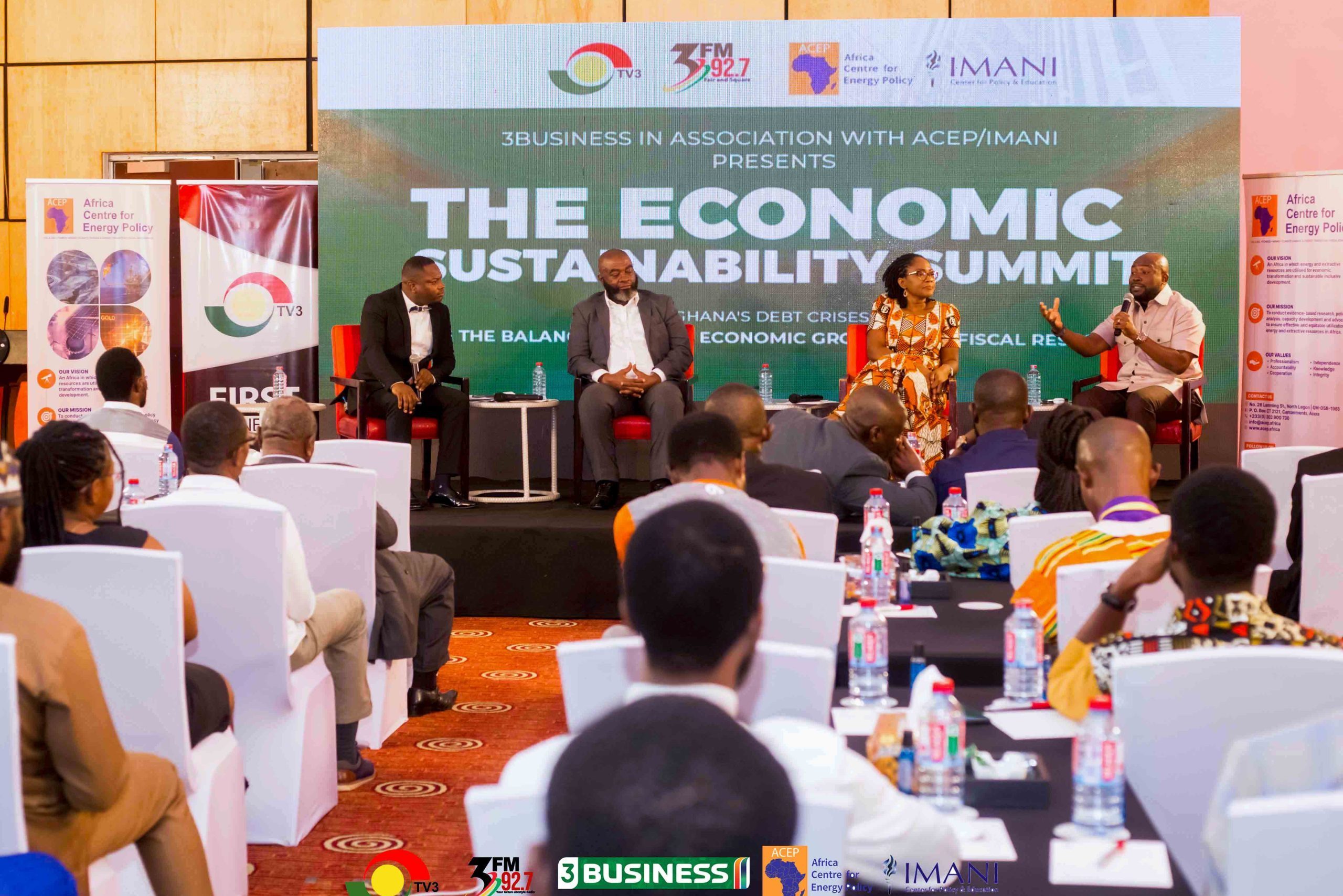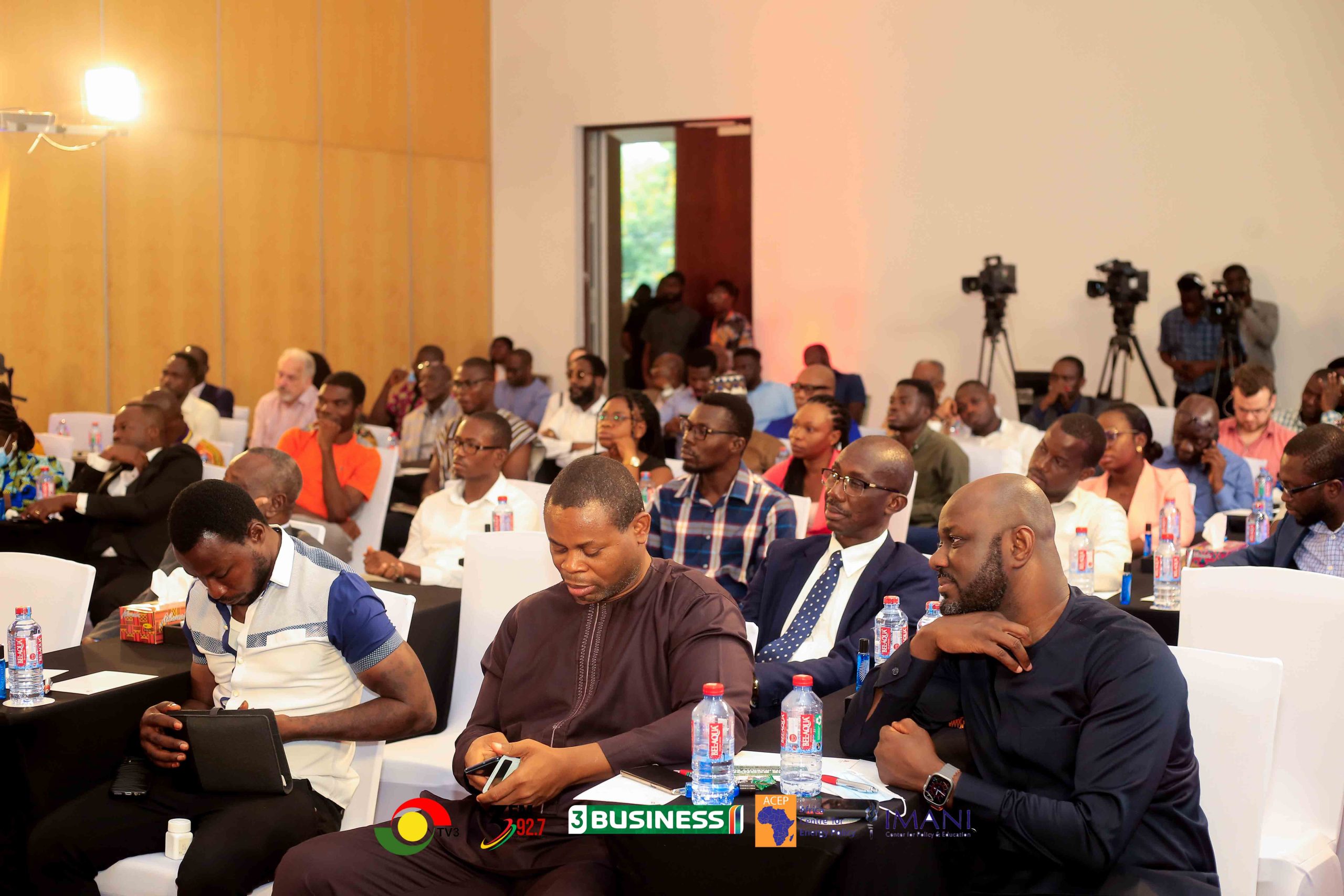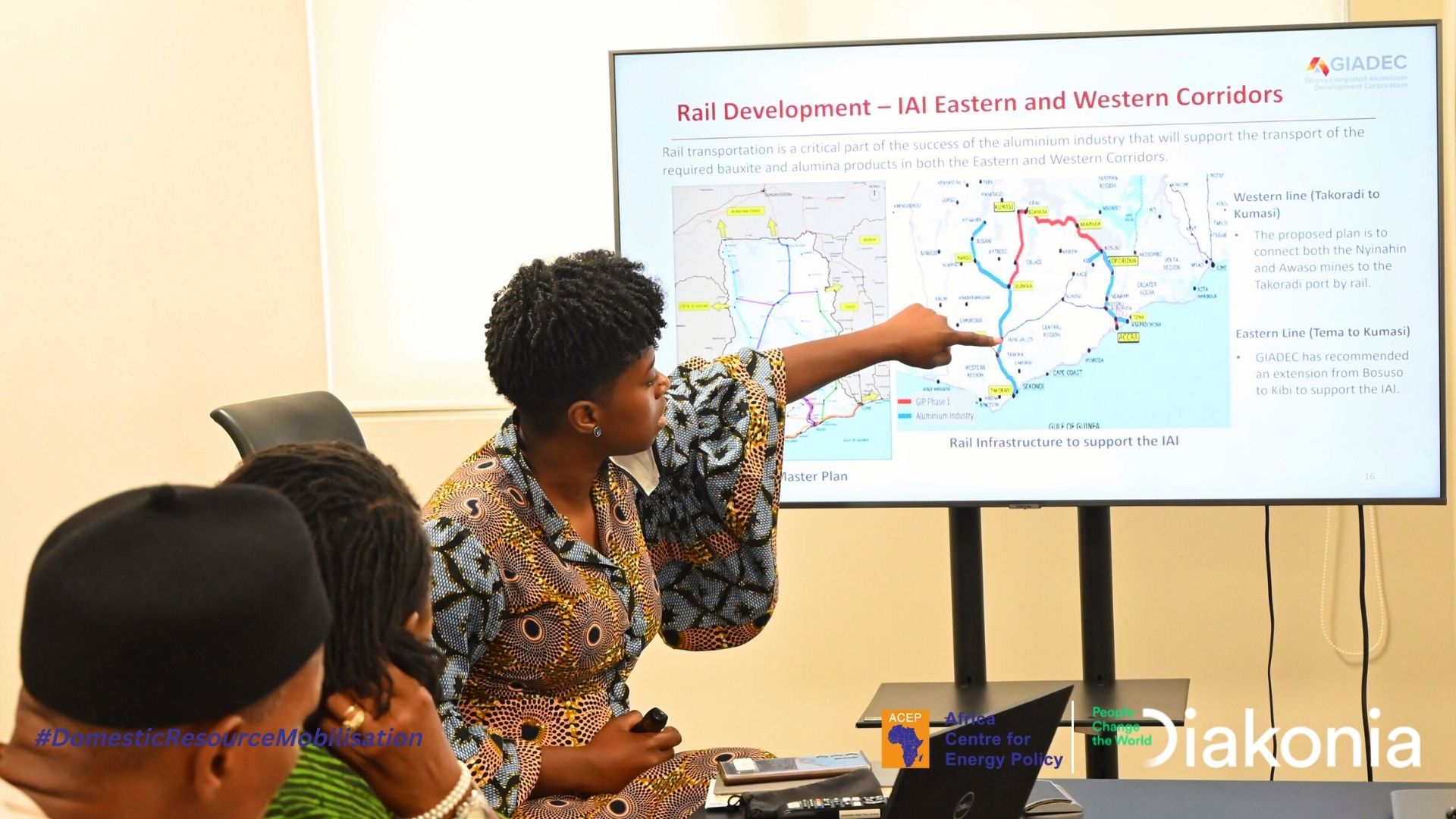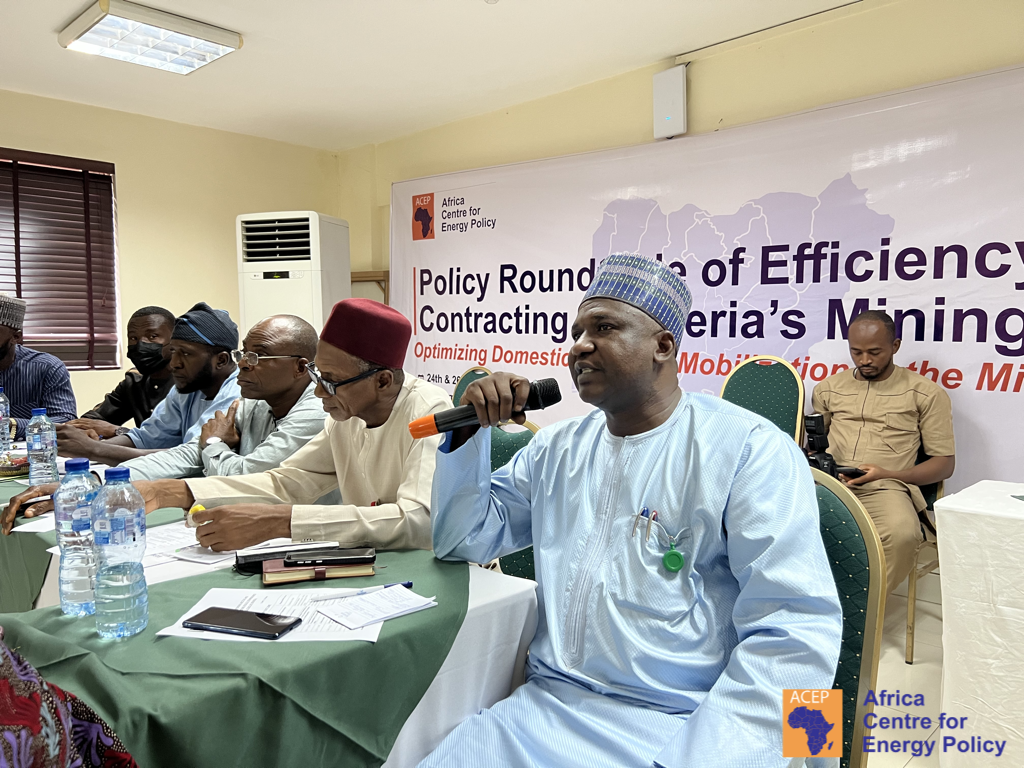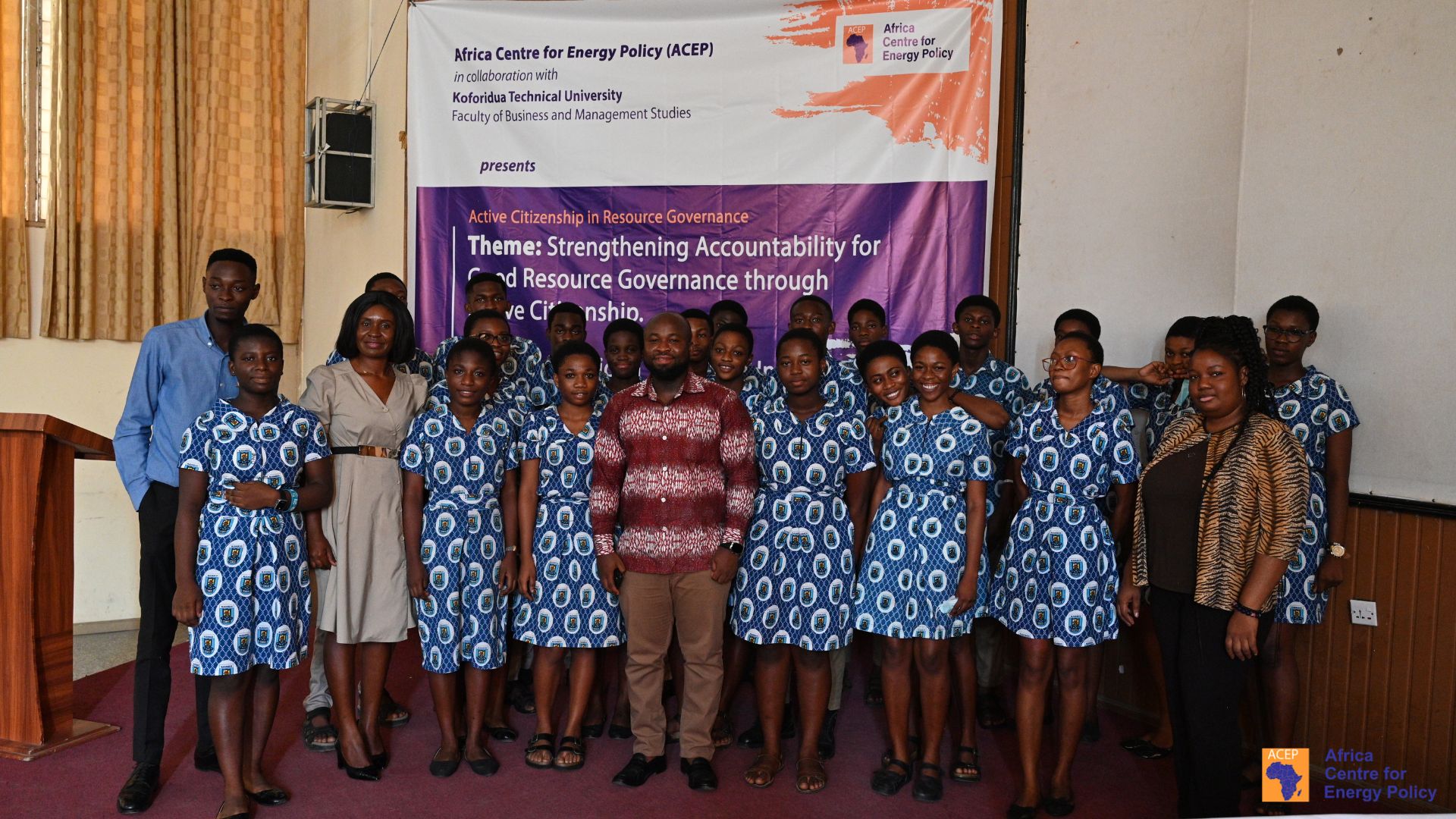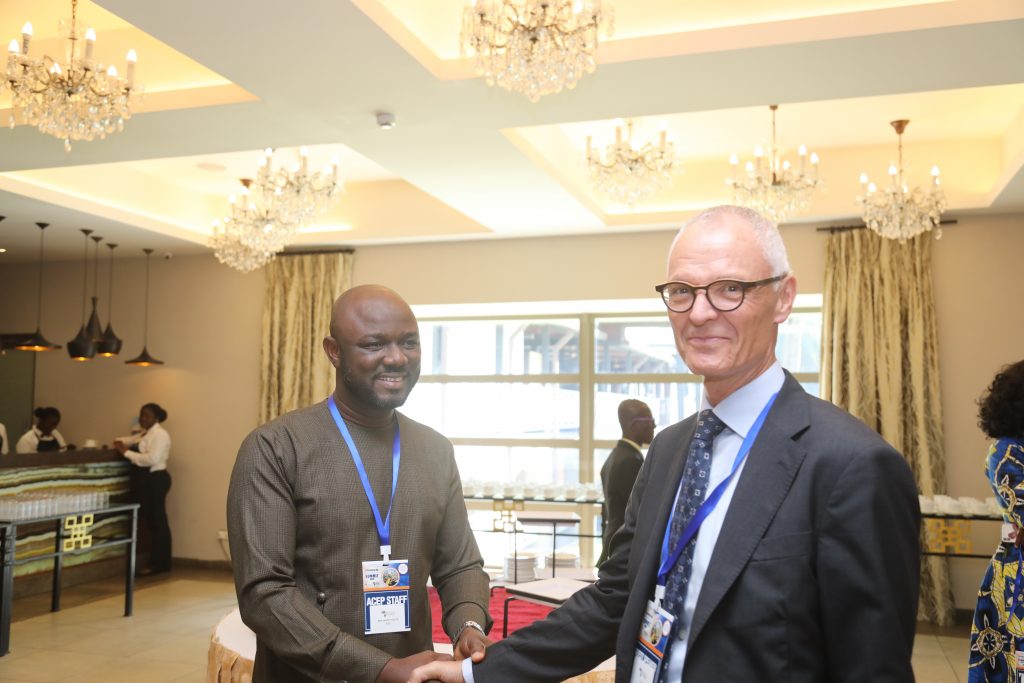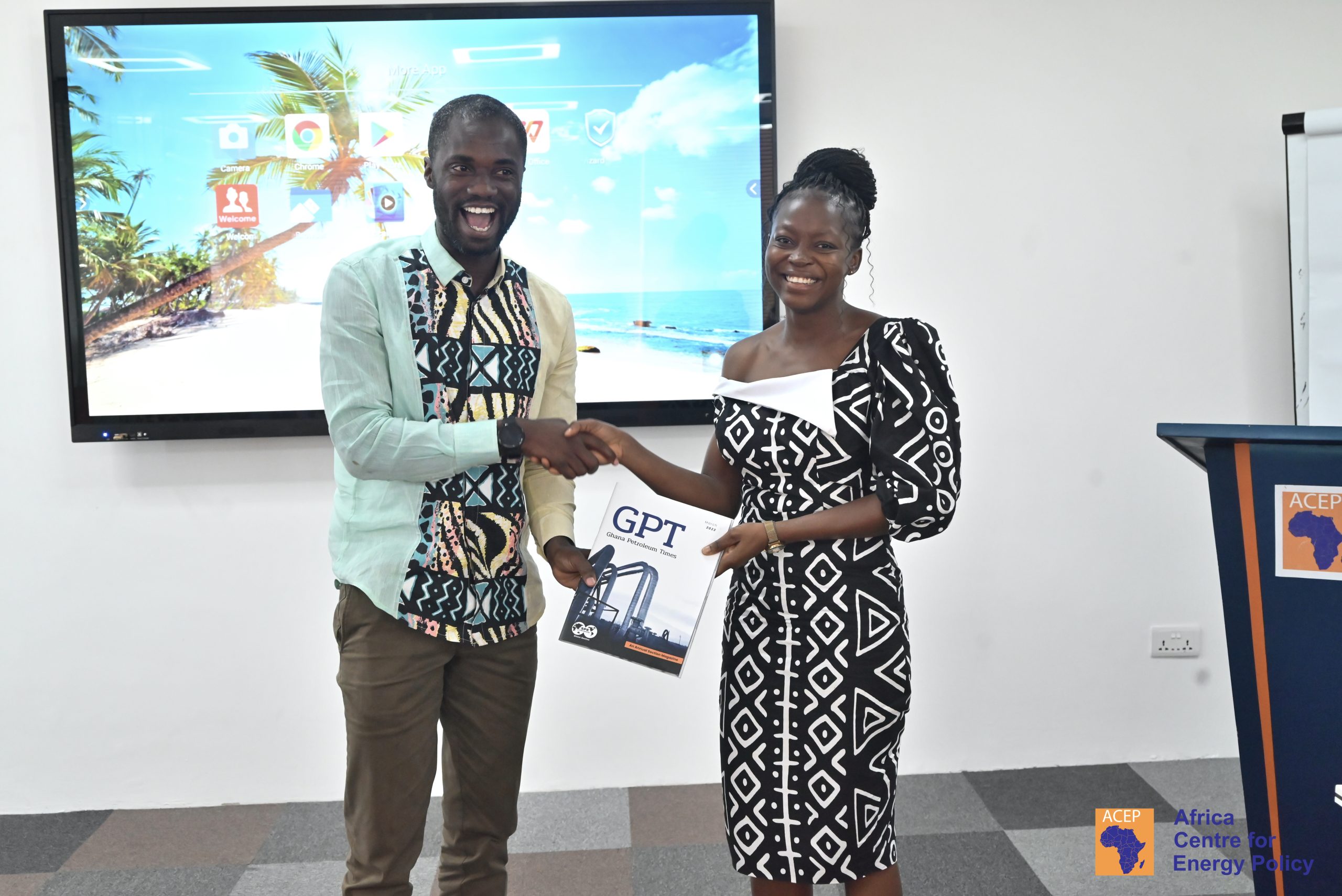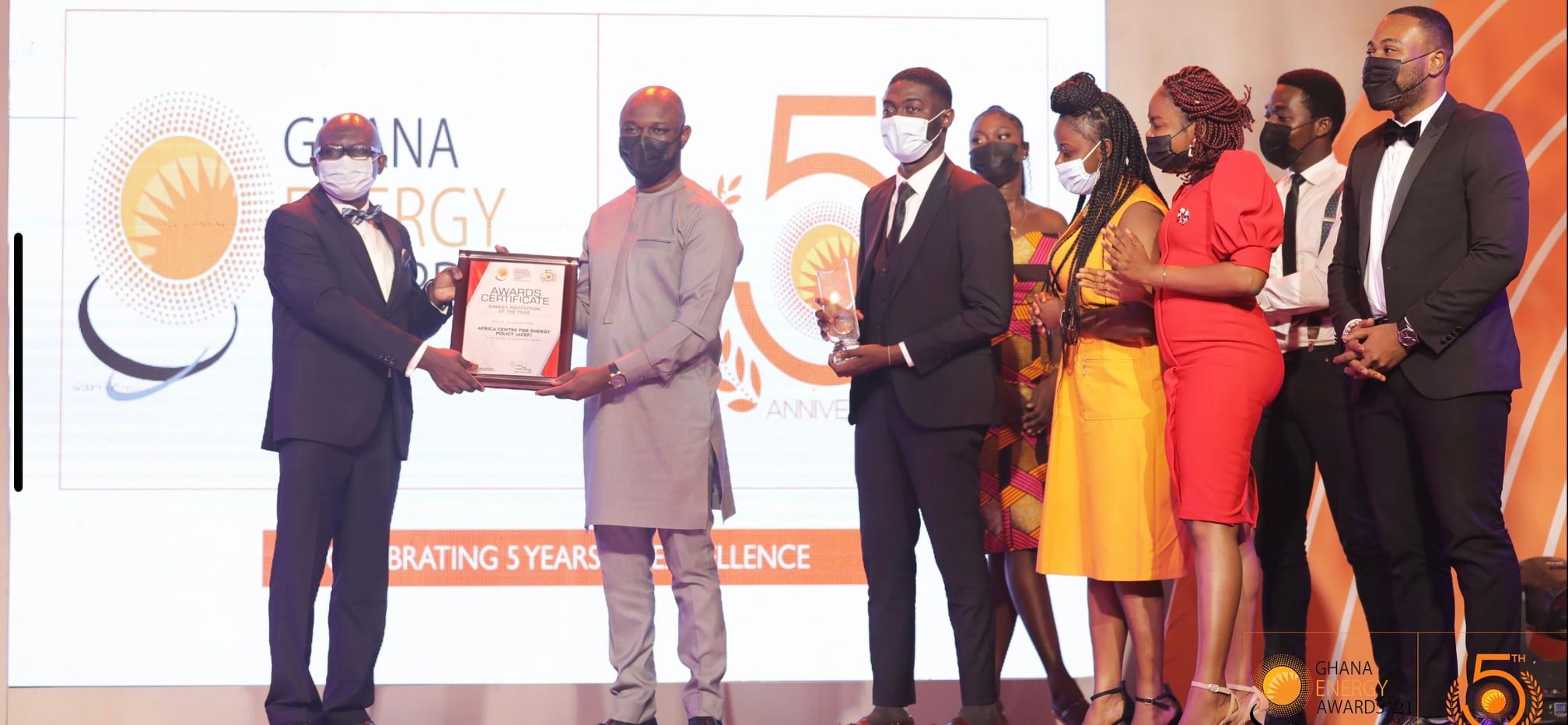Our Thematics Areas
Diversity, Equity and Inclusion in Resource Governance
ACEP has been working to ensure equitable distribution of resource wealth in the subregion. However, the question of how the sector really impacts the sustainable livelihoods of all citizens was not unpacked to identify the constituents of the vulnerable groups until recently. As a result, we continue to be occupied with questions such as: how do we get more women to participate in the sector? What opportunities can women take advantage of? How does resource extraction and associated wealth, benefit women and children? How do we ensure that Persons with Disability (PWD) are included in resource governance, recognizing that within the context of the SDGs, special attention is required to mainstream disability issues into research and advocacy to ensure no one is left behind?
In view of the above lingering questions, ACEP has remodeled its approach to energy and extractive sector governance to account for mainstreaming Social Inclusion. Programs under this theme seek to ensure that no one is left behind in the drive towards achieving sustainable development. It recognizes the interests and needs of identified groups and individuals who must be accounted for in the development equation.
The Centre has been working in collaboration with the Ministry of Gender, Children and Social Protection, The Council on Persons with Disability (CPWD) and the Ghana Federation for Disability Organizations (GFD) to promote inclusion of Persons with Disability (PWDs) and vulnerable women and children in the sharing of the benefits of development, especially in the extractives sector.
As part of this intervention, ACEP has provided grants to national umbrella bodies of PWDs to support various interventions, specific to the needs of members of the disability community. This has been supported by a number of studies and video documentaries that provide critical information on the gaps that must be addressed and this is made available to the public.
ACEP also prioritizes the gender dimension of every program and insists on securing equitable participation of women in every aspect of its work, including its staffing policy. For instance, the Centre has consciously ensured a consistent increase in the number of women who participate in the Africa Oil Governance Summit (AOGS). Also, through various research work, the Centre has been calling for policy reforms and national dialogue on promoting women’s participation and empowerment. This includes studies that provide comparative analyses of gender-based budgeting processes of selected African countries, including Nigeria, Ghana and Tanzania.
The Centre has been working to foster collaboration with the key players in the extractives sector to ensure that PWDs are given a fair chance of benefiting from opportunities in the sector, especially in the area of procurement.
ACEP has also pioneered the initiative of transcribing relevant documents such as the Ghana Extractive Industries Transparency Initiative (GHEITI) Report into Braille for use by Persons with Blindness (PwB) in Ghana. The objective is to influence the Ministry of Finance and the GHEITI Secretariat to adopt Braille reporting, as part of their mandatory requirements. This intervention is to ensure that persons who are blind are not left out in the drive towards transparency, accountability and inclusive development.



